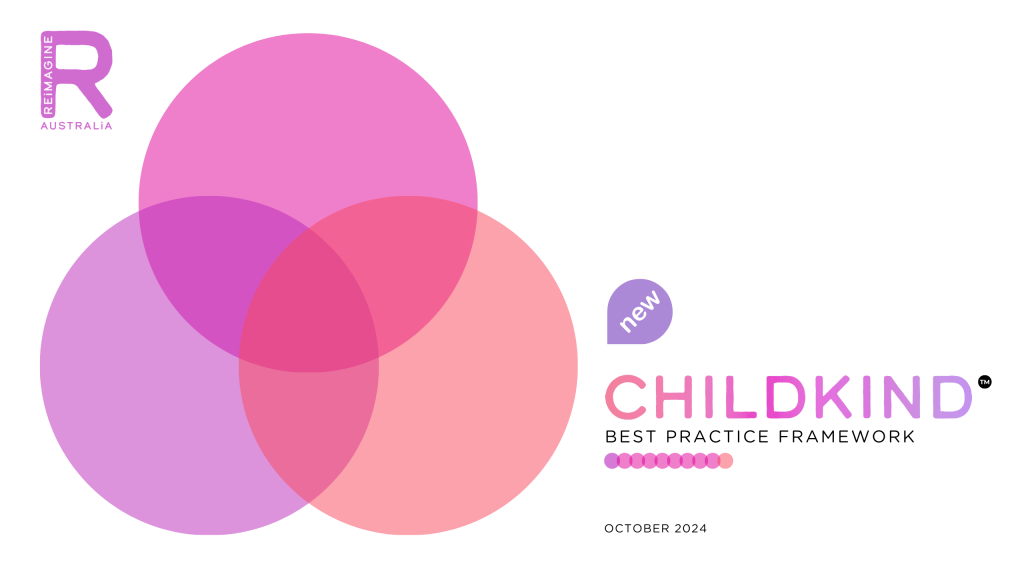CHILDKIND VALUE AND BEHAVIOUR 7
“I will act with integrity, honesty and fairness.”
Acting ethically means conducting oneself with integrity, honesty, and fairness in all interactions with children, families, and colleagues. For early childhood practitioners, it involves making decisions that are in the best interest of the child, adhering to professional standards, and ensuring that actions are just and principled. Ethical practice fosters trust between practitioners and families, and helps to create a safe and supportive environment for children, particularly those with disabilities or developmental differences. Practitioners who act ethically are guided by a strong moral compass and are committed to the well-being of children in their care.
Ethical behaviour is a foundational principle in early childhood practice. Australian research by Sumsion (2007) highlights that practitioners who adhere to ethical principles build stronger relationships with families and are better able to advocate for the rights and needs of children. Acting ethically ensures that practitioners are trusted by families and are seen as reliable advocates for their children’s well-being. Ethical practice also involves being transparent, fair, and accountable in all decisions. The Reimagine Australia Code of Ethics, particularly Principle 1.7, emphasises the importance of ethical decision-making, especially when working with children who have disabilities or complex needs. Practitioners are expected to uphold the highest standards of integrity, ensuring that their actions are always in the best interest of the child and the family.
BEST PRACTICE PRINCIPLES, CHILDKIND WAYS OF WORKING AND KEY COMPETENCIES
This value or behaviour supports the Best Practices below:
This value or behaviour supports the Ways of Working below:
The value or behaviour suports the Key Competencies below:
Reflection questions are a valuable tool for practitioners, promoting self-awareness, critical thinking, continuous improvement, and stronger relationships in their work with children and families:
How do I ensure that I am acting with integrity and fairness in all my interactions with children and families?
How can I improve my ability to make decisions that are in the best interest of the child?
How do I ensure that I am being transparent and accountable to families about the support I provide?
Ethics is knowing the difference between what you have a right to do and what is right to do.
Potter Stewart
Access more information on the ChildKind Best Practice Framework with its 10 Ways of Working, 30 Key Competencies and 8 supporting Values and Behaviours here:
